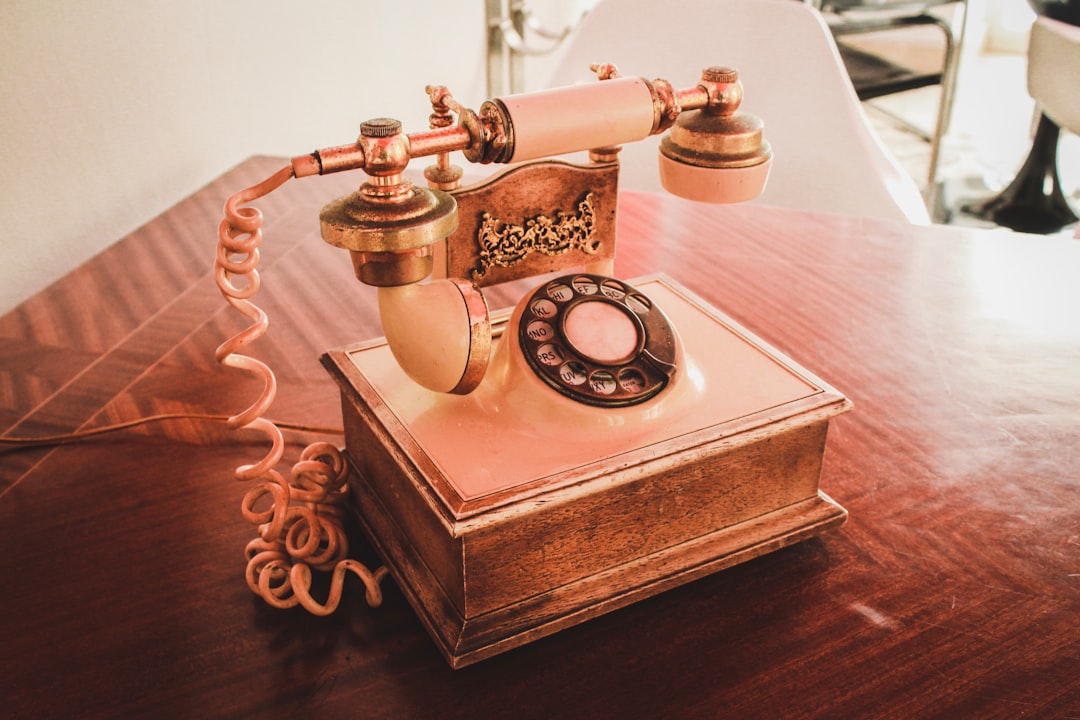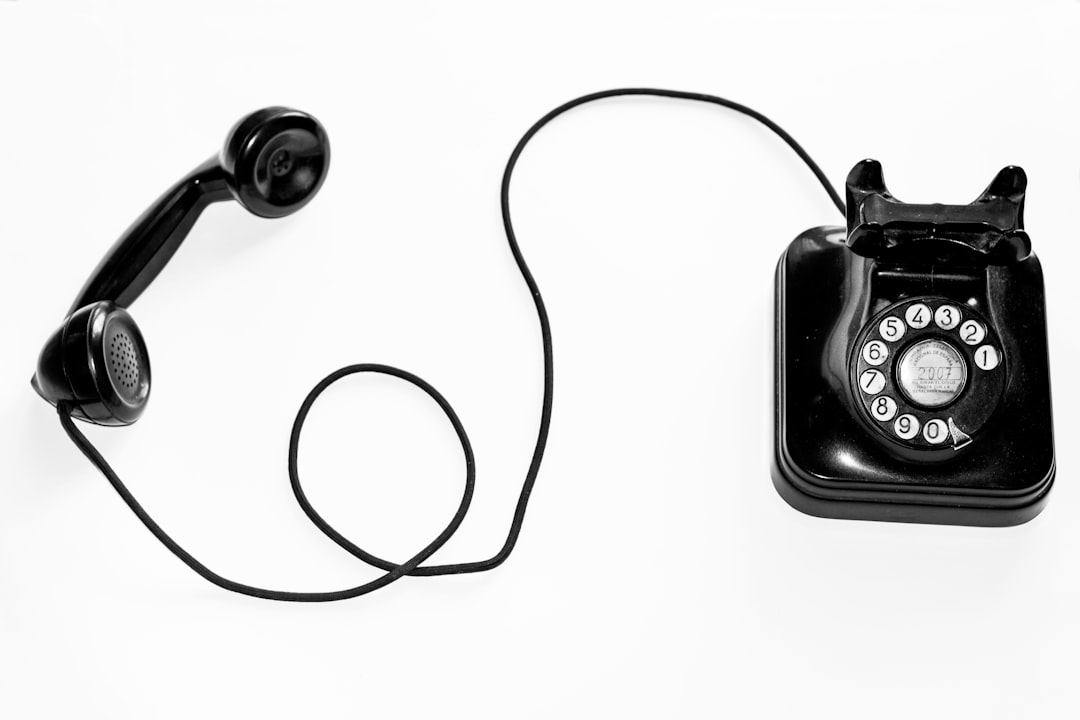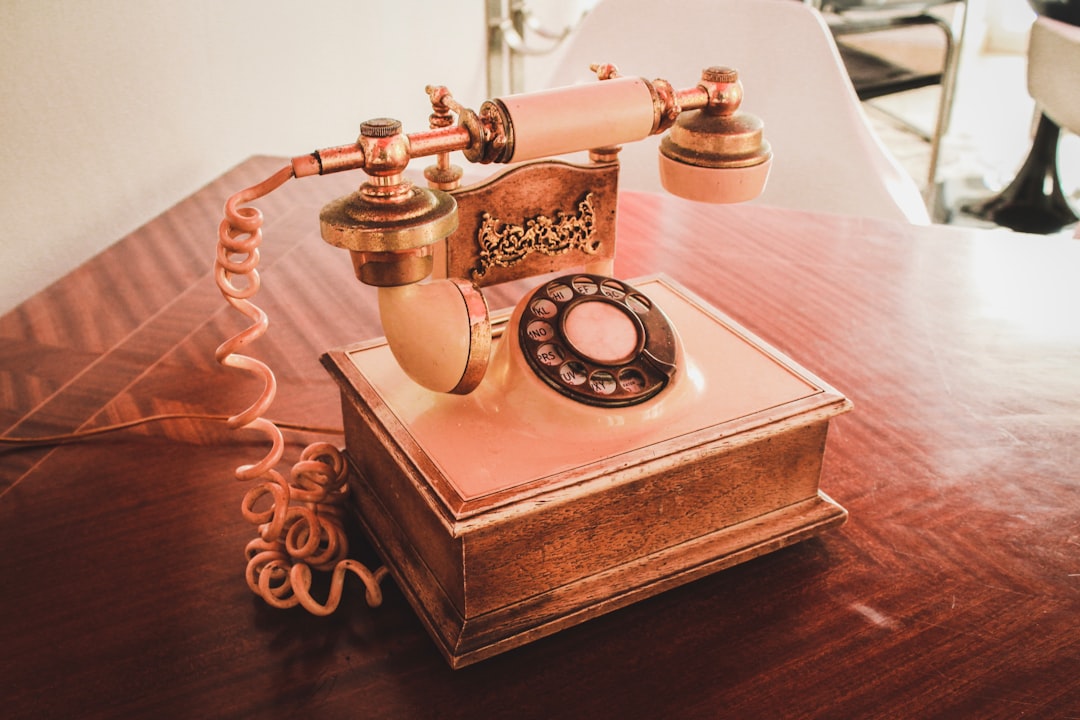In Delaware, the Telephone Consumer Protection Act (TCPA) strictly regulates automated communications. Autodialer lawyers in Wilmington must document prior express written consent for marketing purposes to adhere to TCPA requirements. Best practices include using standardized forms, recording interactions, and educating clients on their rights, ensuring compliance and protecting against legal issues. Common mistakes involve failing to obtain explicit verbal consent and inadequate record-keeping. Accurate documentation is crucial for autodialer lawyers Delaware to safeguard clients and firms from disputes related to consent validity.
In Wilmington, Delaware, the Telemarketing Consumer Protection Act (TCPA) demands strict consent documentation for autodialer calls. As an autodialer lawyer or attorney in Delaware, navigating these regulations is crucial to protect your clients and avoid legal pitfalls. This article guides you through best practices for documenting consent, highlighting key considerations specific to autodialer cases in Delaware. By understanding the nuances of TCPA compliance, autodialer law firms can ensure robust client protection and reduce potential risks associated with improper consent documentation.
Understanding Consent Requirements Under the TCPA in Delaware

In Delaware, as across the United States, the Telephone Consumer Protection Act (TCPA) dictates strict rules regarding consent for automated phone calls and text messages. Understanding these requirements is essential for businesses and autodialer lawyers in Delaware to ensure compliance and avoid legal repercussions. The TCPA mandates that any automated calls or texts for marketing purposes must obtain prior express written consent from recipients, with clear and unambiguous opt-out language provided.
Autodialer attorneys in Delaware emphasize the importance of documenting this consent process meticulously. This involves maintaining detailed records of how and when consent was obtained, including the specific language used to gain permission. Proper documentation includes signed consent forms, email confirmations, or text message receipts demonstrating clear indications of a consumer’s agreement to receive automated calls. Such practices safeguard against potential disputes and ensure businesses can defend their marketing strategies in court if needed, with the support of autodialer law firms in Delaware.
Documenting Consent: Best Practices for Autodialer Lawyers in Wilmington

Documenting consent is a critical aspect of ensuring compliance with the Telephone Consumer Protection Act (TCPA) in Wilmington, Delaware. For autodialer lawyers and attorneys specializing in this area, establishing a robust system to record and store consent forms is essential. This includes obtaining verbal confirmation from recipients that they have given permission for automated calls, along with written documentation signed by the individual.
Autodialer law firms in Delaware should implement best practices such as utilizing standardized consent forms tailored to comply with TCPA regulations. These forms should clearly outline the types of communications allowed, frequency, and any opt-out provisions. Additionally, lawyers should ensure that clients understand their rights and obligations as per the law, providing comprehensive explanations during the consent acquisition process. Effective documentation not only safeguards against legal repercussions but also strengthens the client-lawyer relationship by fostering transparency.
Common Mistakes to Avoid When Documenting Consent for Autodialer Cases in Delaware

When documenting consent in autodialer cases under the TCPA in Wilmington, Delaware, many legal professionals fall into common pitfalls that can weaken their case or lead to non-compliance with regulations. One significant mistake is failing to obtain explicit and clear verbal consent from the recipient before initiating automated calls. This often involves misunderstanding or misinterpreting a person’s agreement, especially over the phone. It’s crucial to verify that the individual not only hears but also comprehends the nature of the call and their right to opt-out.
Another error is inadequate record-keeping. An autodialer lawyer in Delaware should ensure every interaction—including date, time, purpose of the call, and consent given—is meticulously documented. This includes using reliable recording systems and written confirmations from the caller or the recipient. Inaccurate or incomplete records can hinder a case’s credibility and lead to disputes over consent validity. Always double-check that all necessary details are captured accurately to protect both the client and the law firm from potential legal complications.






